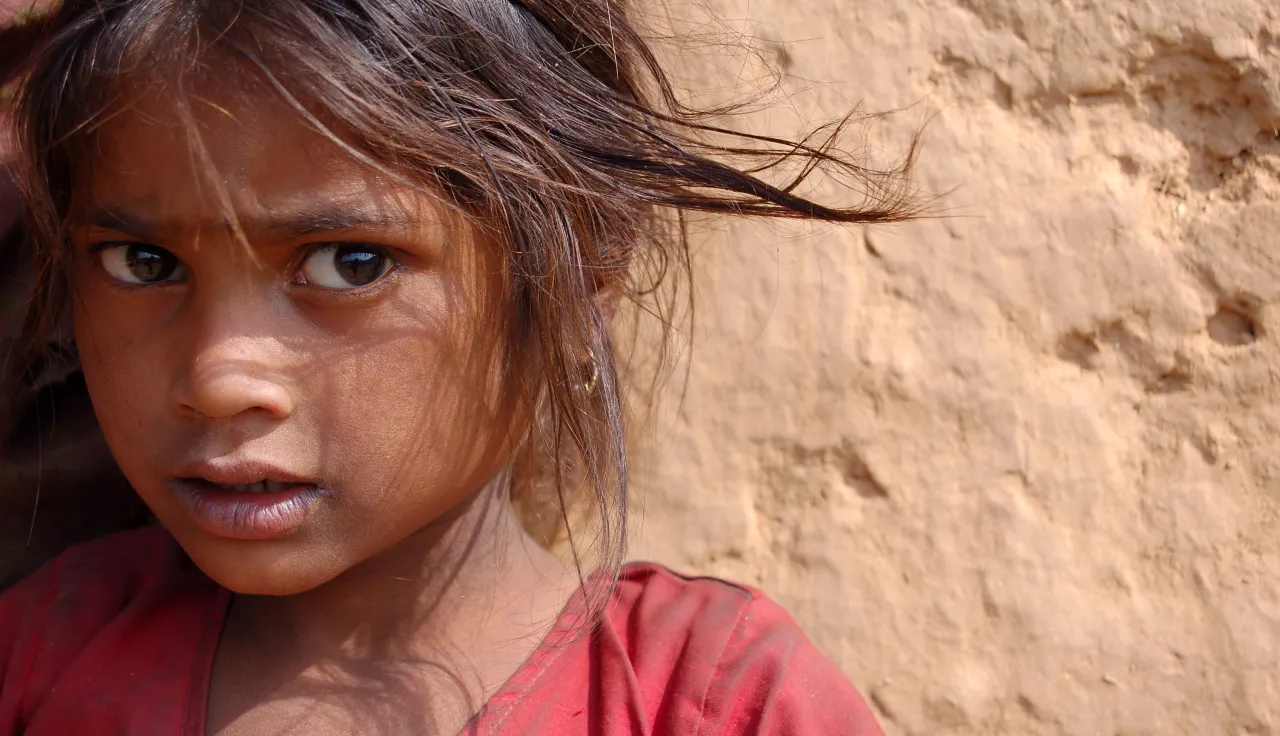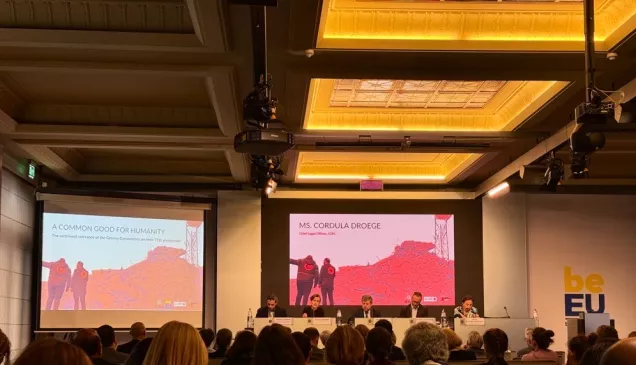An opportunity to reduce human suffering: An ICRC perspective of the World Humanitarian Summit

The World Humanitarian Summit, taking place on 23-24 May 2016 in Istanbul, will bring together for the first time ever all internatonal humanitarian stakeholders to discuss and reshape humanitarian aid for the years to come. The European Commission's Humanitarian Aid and Civil Protection department (ECHO) is hosting a blog series dedicated to the humanitarian challenges of our times in view of the upcoming World Humanitarian Summit's discussions. The blog series features testimonies, guest comments and analyses from humanitarians around the world, partner organisations, experts, academics and EU representatives who reflect upon the efficiency and effectiveness of humanitarian action and draw from their personal humanitarian experience.
The International Committee of the Red Cross (ICRC) sees the forthcoming World Humanitarian Summit as an opportunity to galvanise the global community into addressing human suffering of unprecedented proportions. The ICRC has played an active part in the consultation process leading up to the Summit. Just some days ago, the Red Cross and Red Crescent Movement adopted a Message to the World Humanitarian Summit. Here are the four aspects of humanitarian work in armed conflict which are priority for us.
First, armed conflict causes untold suffering and affects not only people's bodies but also their minds. We call for better compliance with International Humanitarian Law to be the starting point for the World Humanitarian Summit. It is the best way to ensure maximum protection for everyone affected by armed conflict.
Second, under humanitarian law, the parties to a conflict – whether they are States or non-State armed groups – bear the primary responsibility for protecting and looking after the people under their control. Thus, we call for the World Humanitarian Summit to reaffirm States' and non-State armed groups' legal obligation to protect and assist people who have been affected by conflict by both providing impartial relief themselves and allowing international aid organisations to do so.
Third, millions of people have endured armed conflict for much of their lives. For that reason, we expect the World Humanitarian Summit to recognise that funding for humanitarian work must change so that it better matches the realities of protracted conflicts. Humanitarian operations must be able to shift seamlessly between meeting people's immediate needs and providing for their long-term future. In addition, we call for ideas drawn from natural-disaster theory about resilience to be used carefully in relation to armed conflict so as to avoid ever mistakenly implying that people should be made resilient to grave breaches of humanitarian law.
Finally, humanitarian organisations are often inspired to protect and assist people affected by armed conflict because they share a sense of our common humanity, but their approaches may differ. We encourage the World Humanitarian Summit to recognise that there is not just one single international humanitarian system and that different approaches should be respected. Humanitarian assistance will be most effective when these approaches are allowed to co-exist and complement one other – not when one is imposed at the expense of the others.
This article by Walter Füllemann, Head of Delegation in Brussels, was published on 18 December 2015 in the European Commission blog



